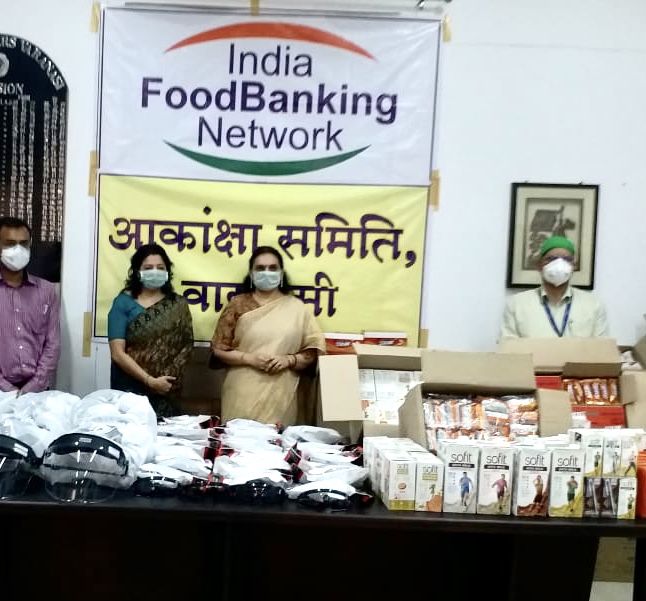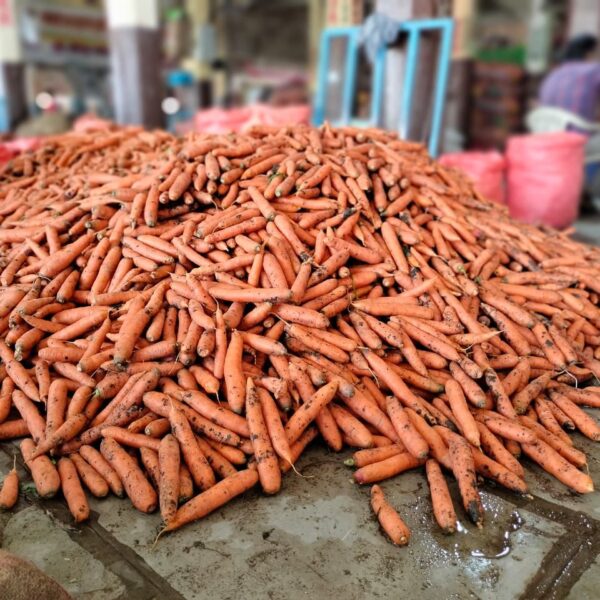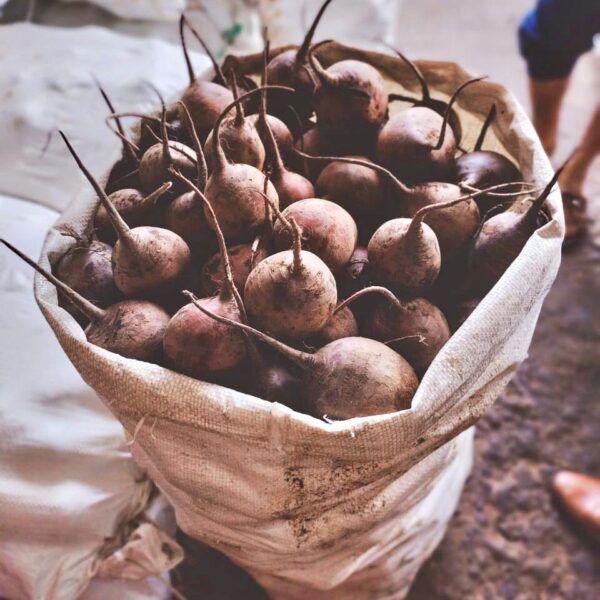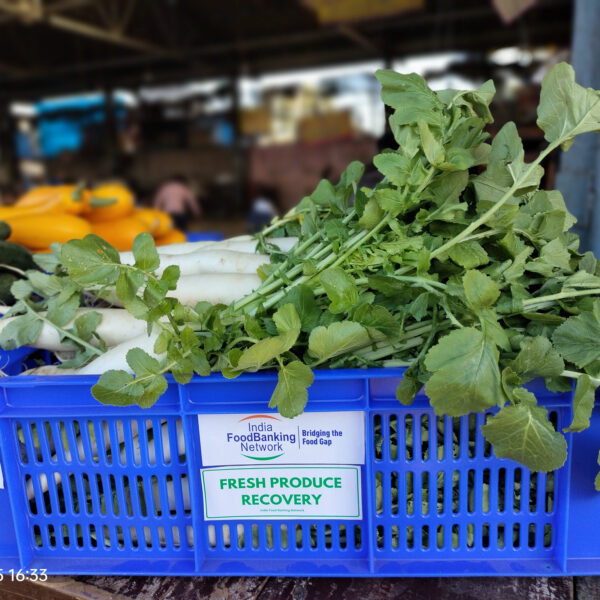.
Fresh Produce Recovery
The Fresh Produce Recovery Program aims to bridge the gap between surplus and scarcity by rescuing fresh fruits and vegetables from farmers, wholesalers, and markets. This Program prevents food waste while ensuring nutritious produce reaches food-insecure communities across India.
By partnering with food donors, logistics providers, and community organizations, IFBN efficiently distributes fresh, edible produce to those in need.
Join us in building a sustainable food system where no fresh food goes to waste, and no one goes hungry.
The COVID-19 pandemic underscored the vital role of nutrition as the first line of defense against disease. Access to fresh fruits and vegetables is essential for building immunity and overall well-being, yet millions in India struggle with food insecurity.
At the same time, vast amounts of fresh produce go to waste due to inefficiencies in the supply chain, contributing to greenhouse gas emissions and climate change. By rescuing surplus fresh produce and redirecting it to those in need, the Fresh Produce Recovery Program not only fights hunger but also helps reduce food waste and its environmental impact.
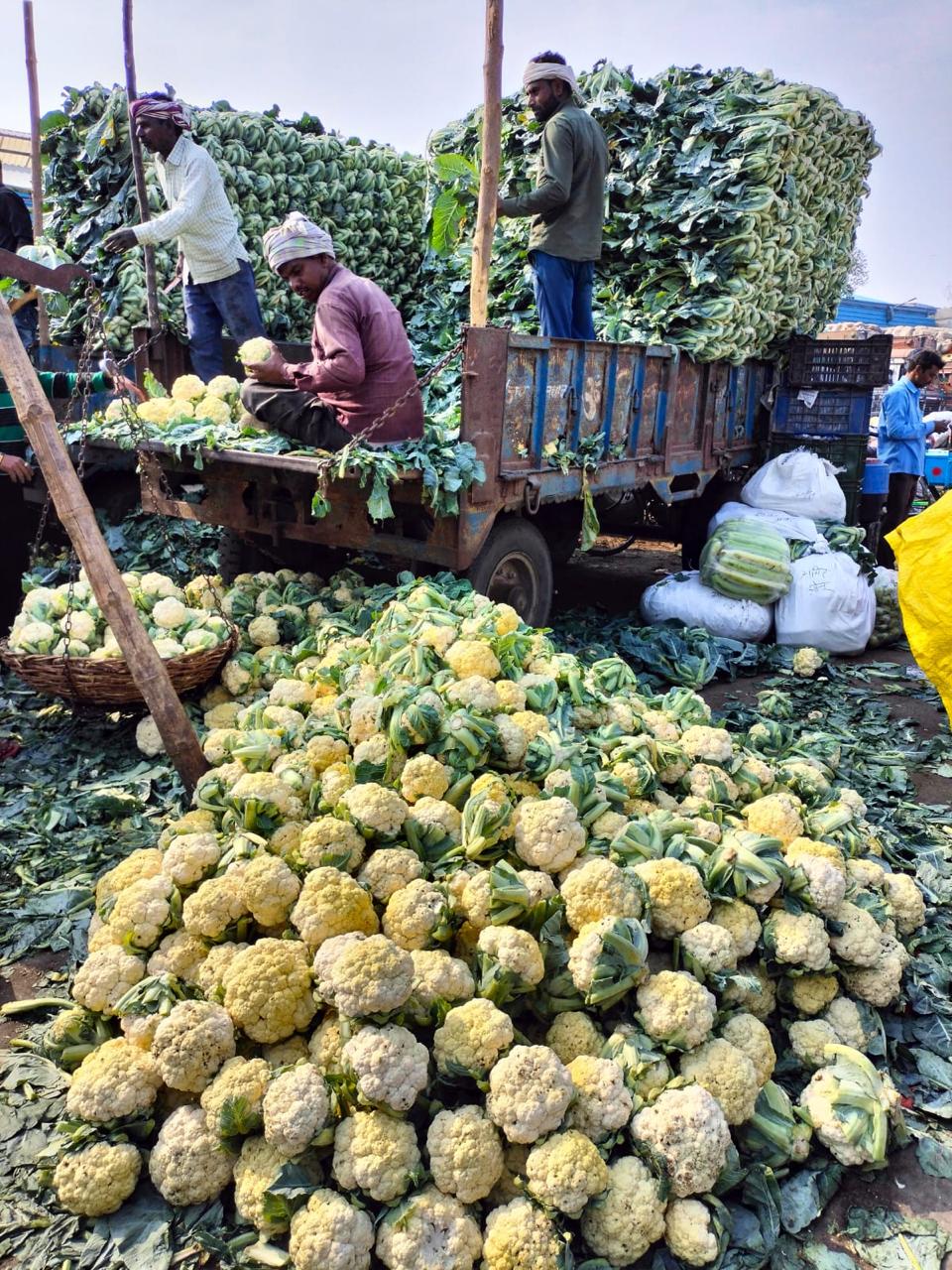
Efficient Recovery and Delivery
The Fresh Produce Recovery Program operates through a streamlined collection, storage, and distribution process. IFBN collaborates with farmers, wholesale markets, and food businesses to identify surplus fresh produce.
The recovered food is then inspected, sorted, and transported through our network of food banks and community partners.
With a focus on minimizing waste and maximizing nutrition, we ensure that fresh fruits and vegetables reach feeding programs, shelters, and underserved communities efficiently.
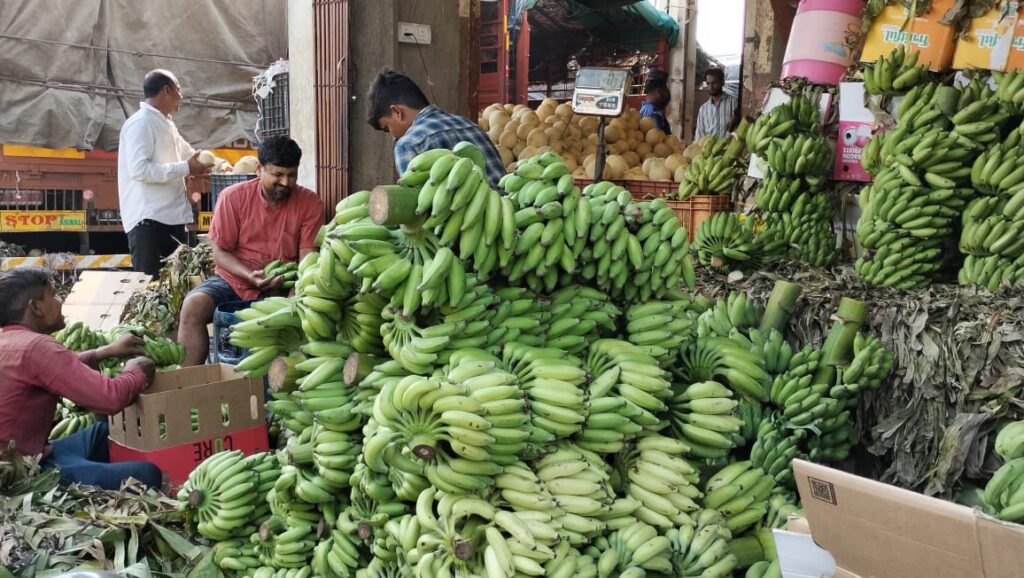
Delivery Model
The delivery model of the Fresh Produce Recovery project consists of four main stages: Partnership Development, Recovery of Food from Markets, Transport of Recovered Food, and Distribution to Feeding Programs. Each stage plays a critical role in ensuring the success of the project and the efficient delivery of fresh produce to those in need. These four stages broadly cover the entire operational chain of the project.
Partnership Development
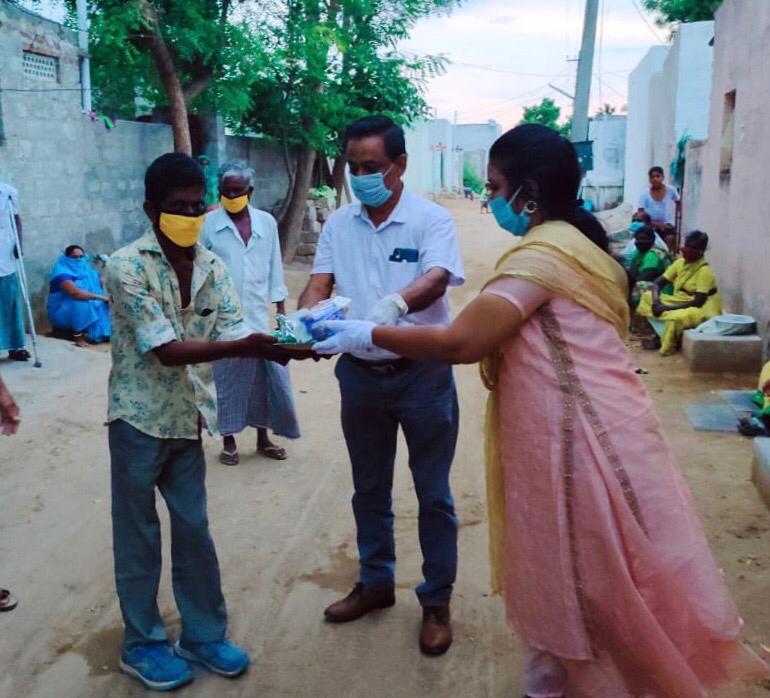
Recovery of Food from Markets
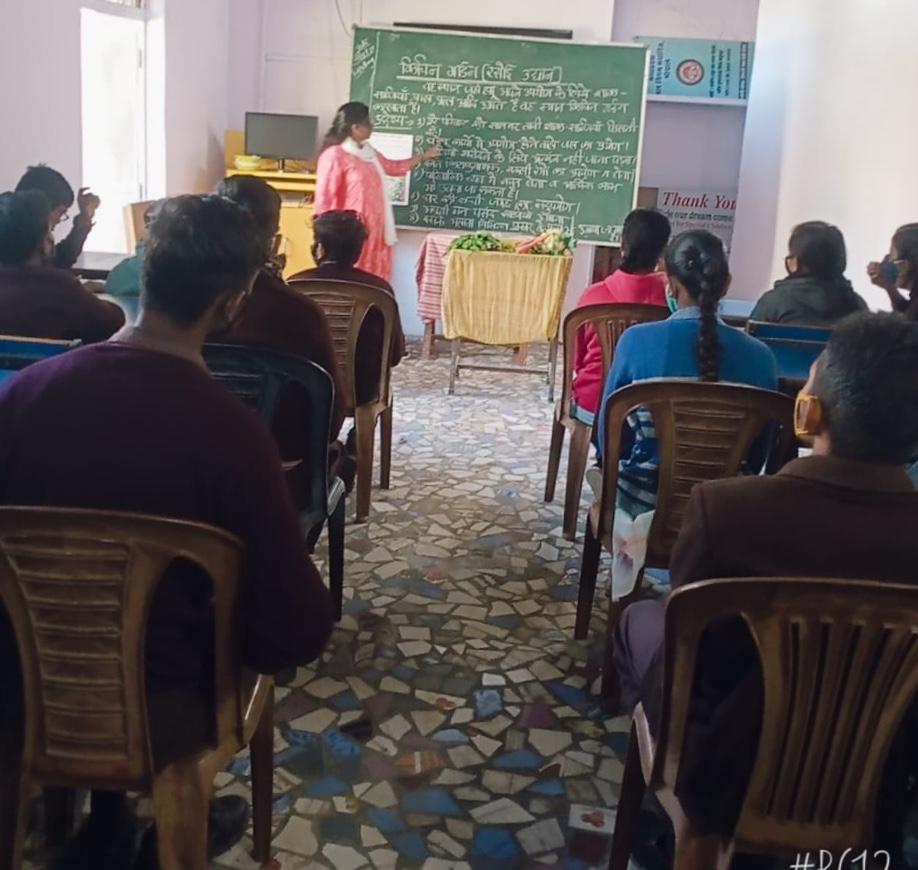
Transport of Recovered Food
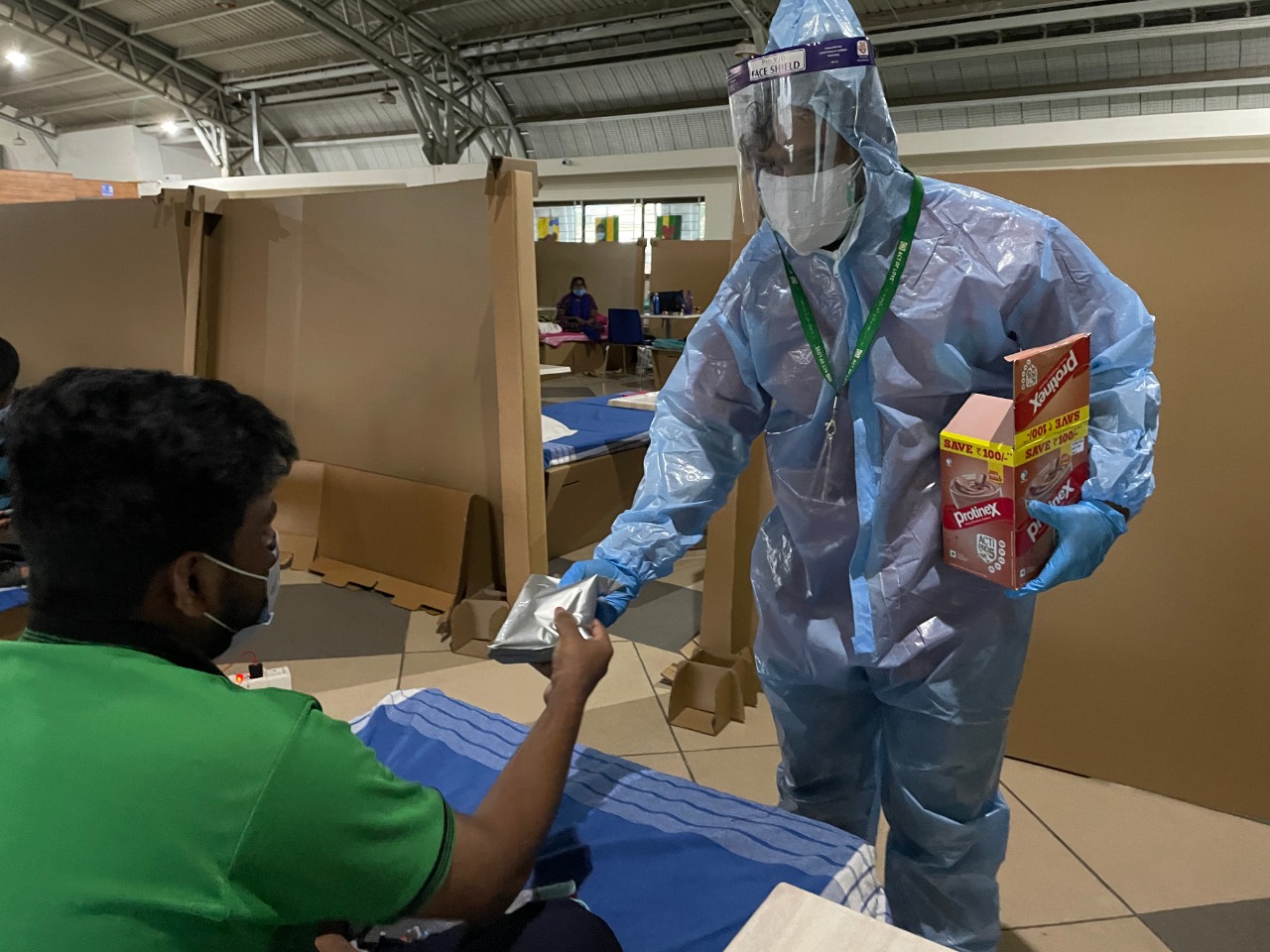
Distribution to Feeding Programs
